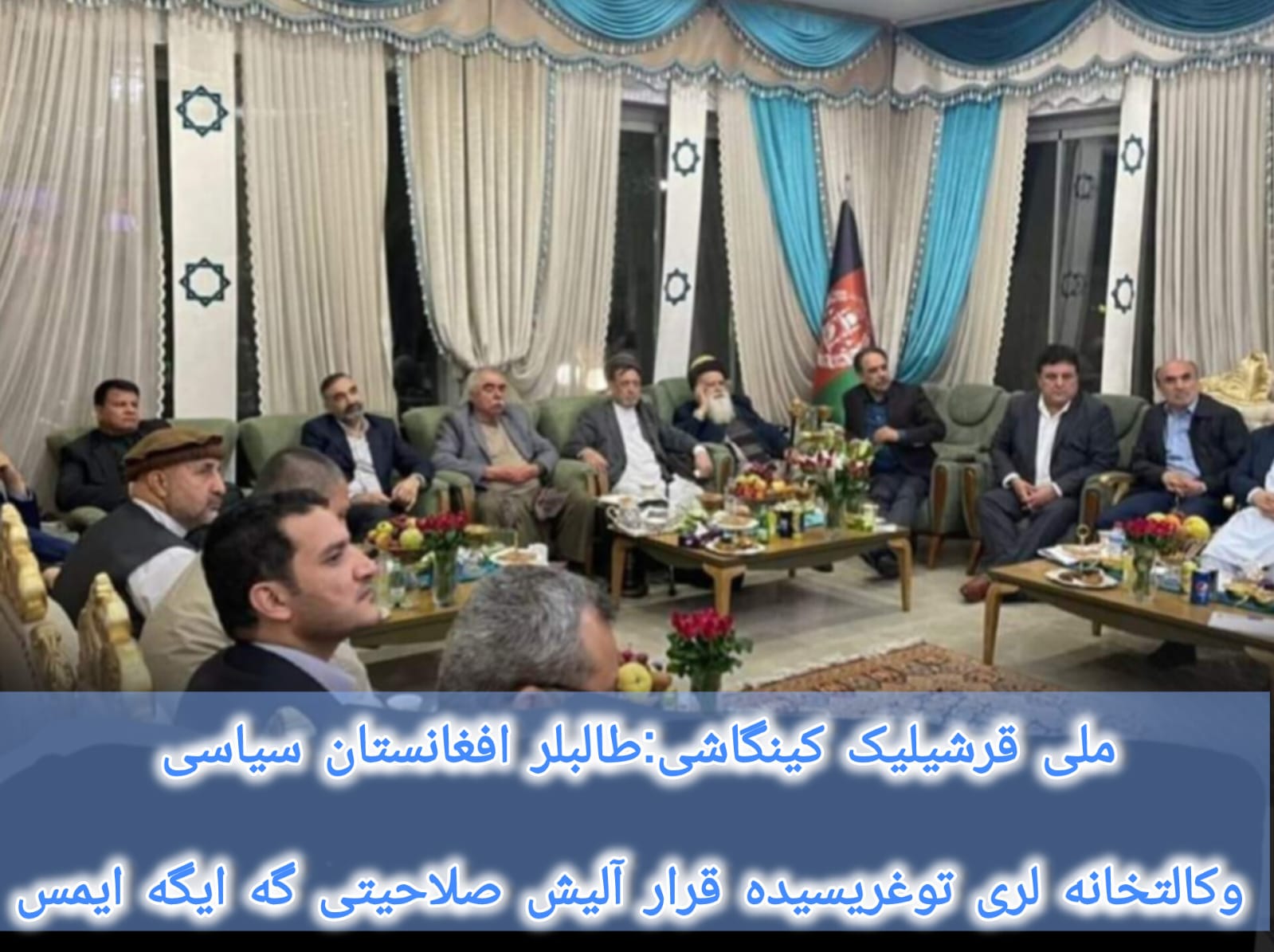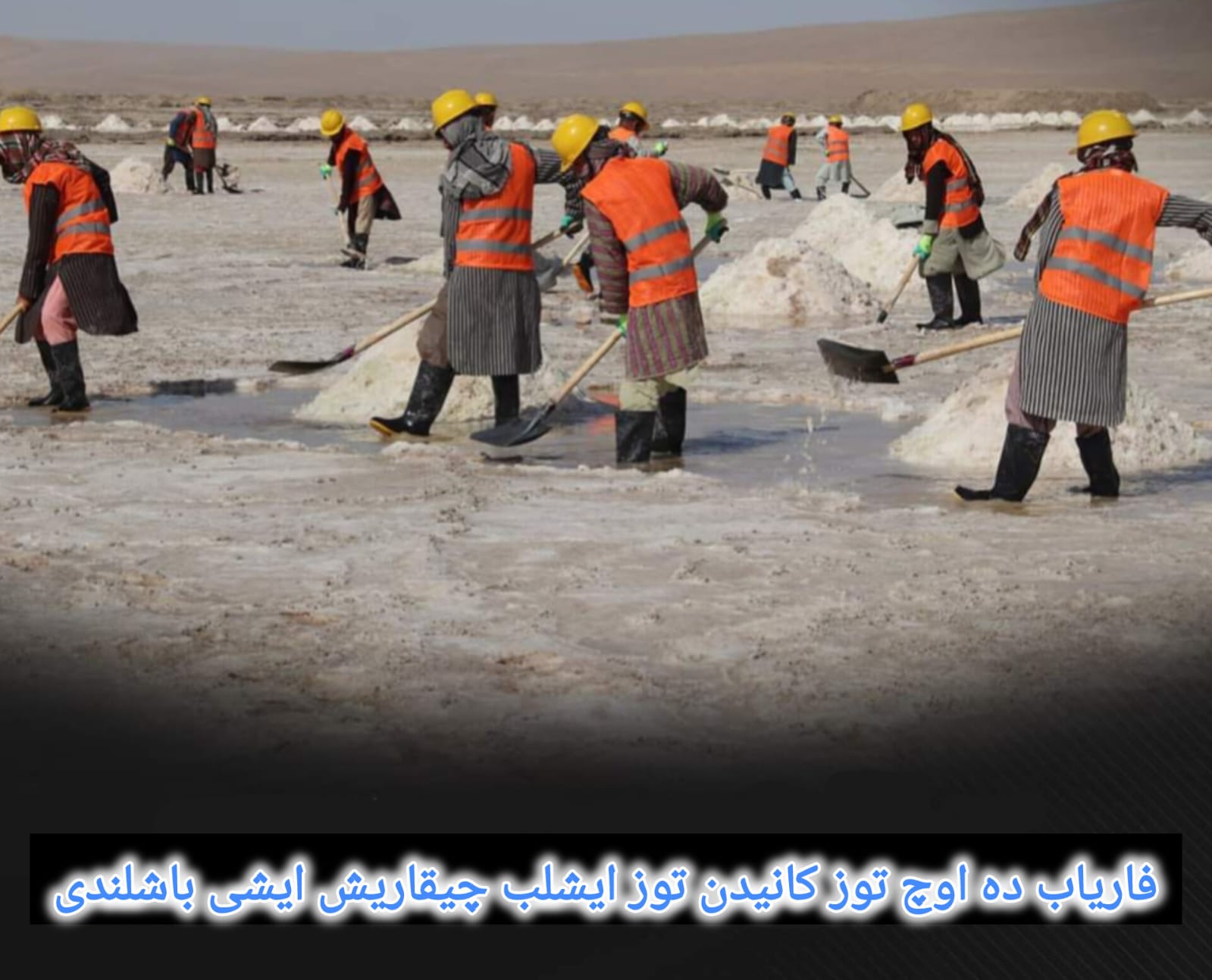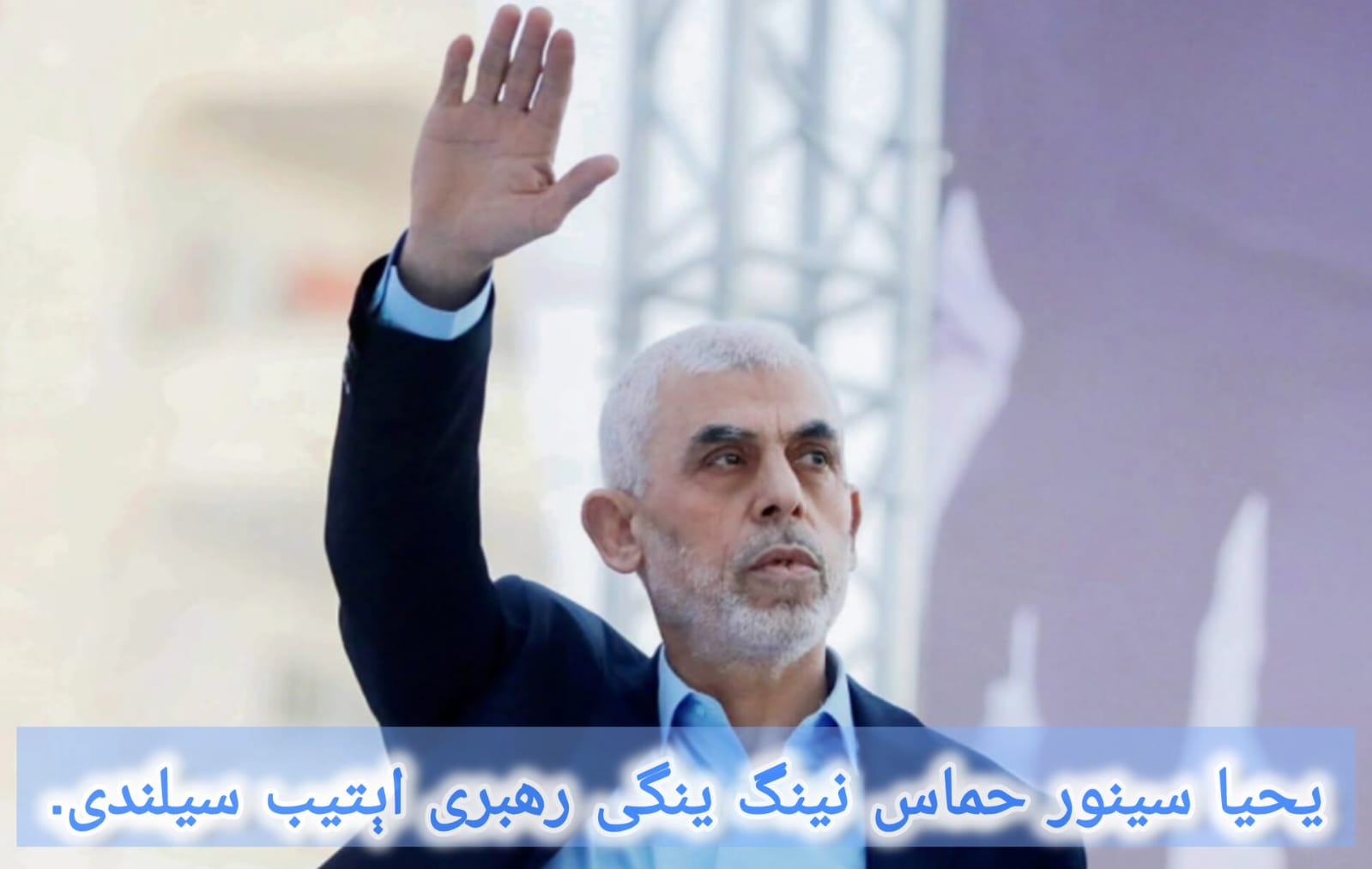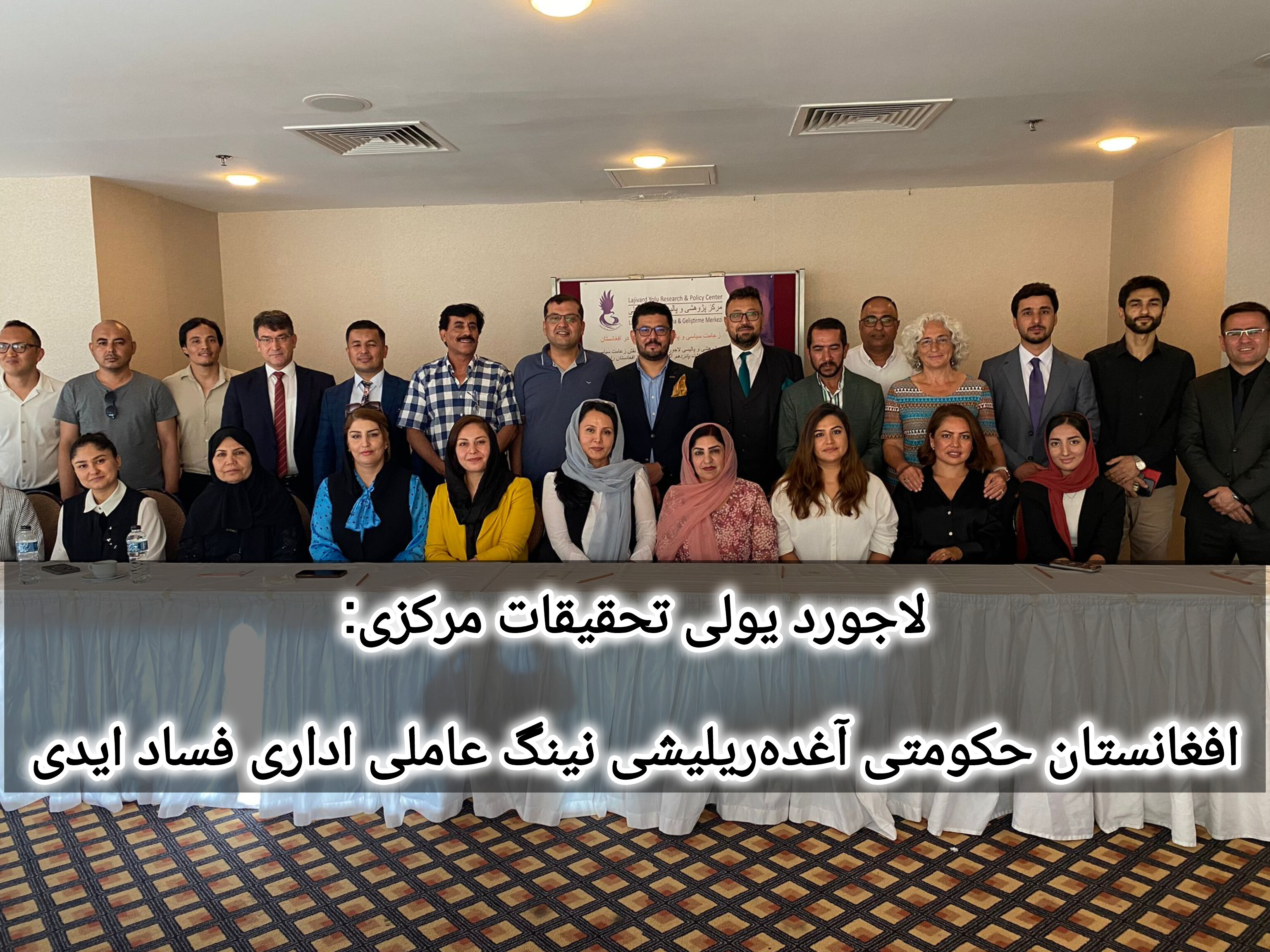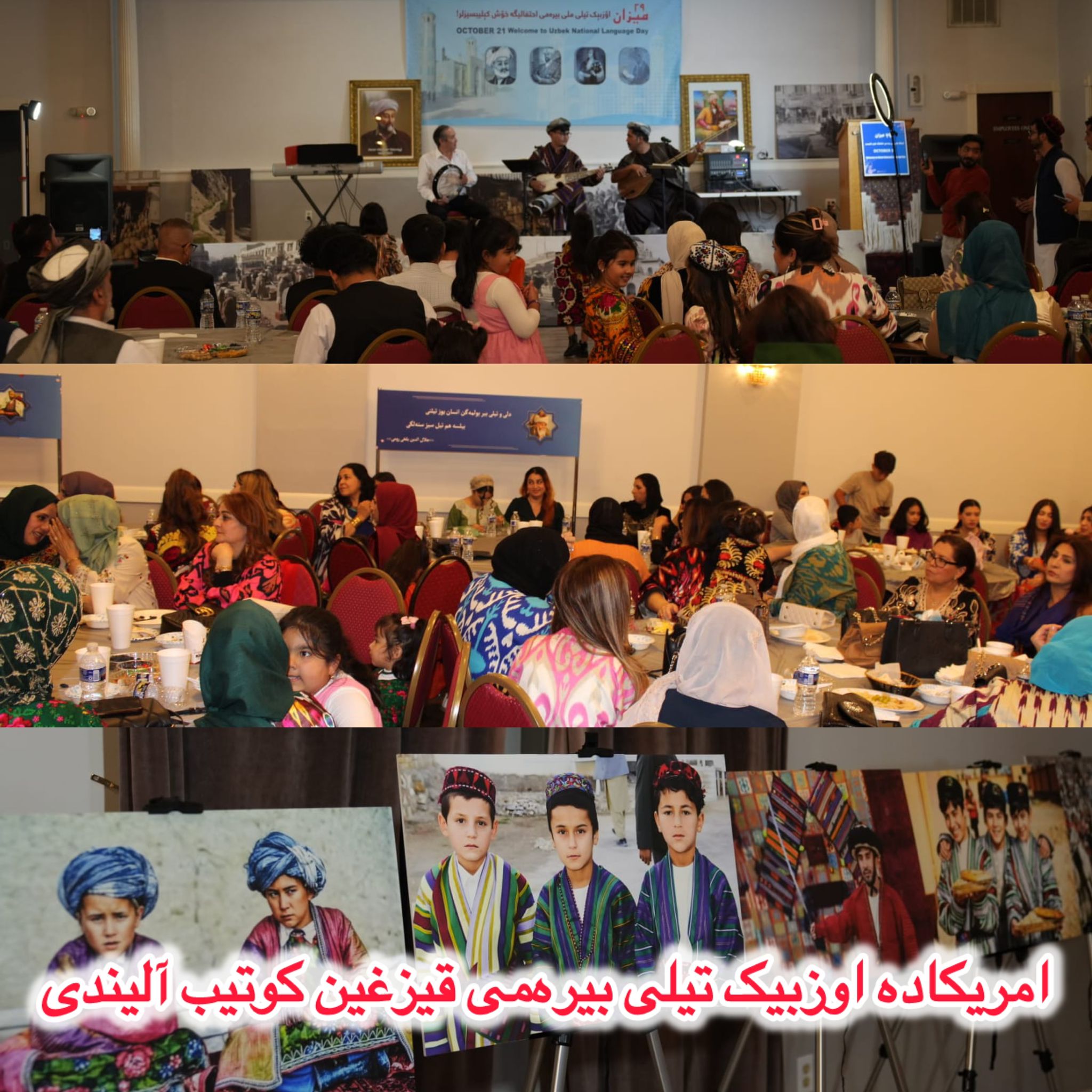Trending
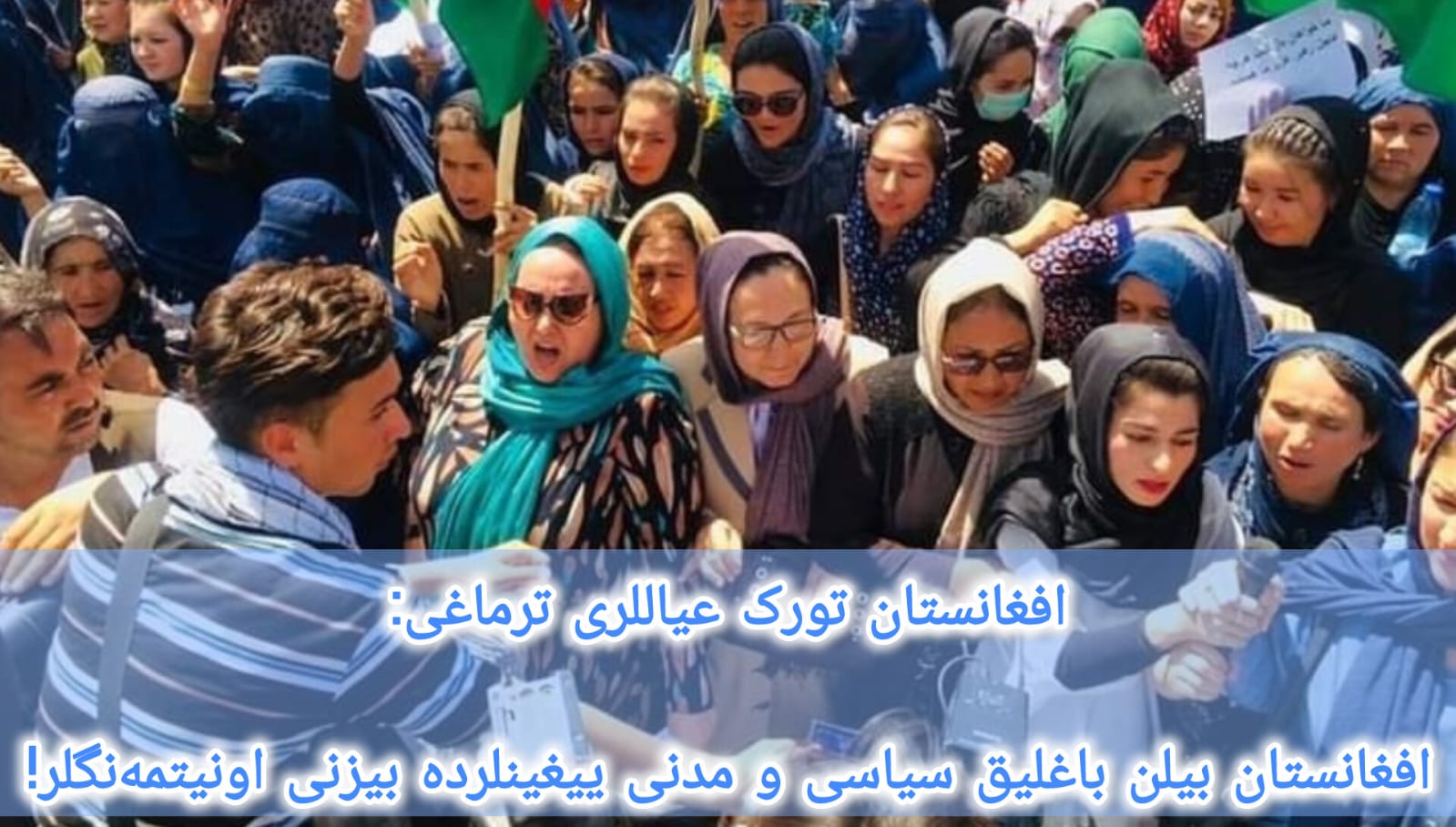
THE TURKIC WOMEN OF AFGHANISTAN CALLING FOR EQUITY, JUSTICE, AND EFFECTIVE PARTICIPATION IN POLITICAL PROCESSES, CIVIL ACTIVITIES, AND TALKS ON AFGHANISTAN
THE TURKIC WOMEN OF AFGHANISTAN called for participation in political and civil processes.
OPEN LETTER TO THE INTERNATIONAL COMMUNITY, INTERGOVERNMENTAL AND NONGOVERNMENTAL ORGANIZATIONS FROM THE TURKIC WOMEN OF AFGHANISTAN CALLING FOR EQUITY, JUSTICE, AND EFFECTIVE PARTICIPATION IN POLITICAL PROCESSES, CIVIL ACTIVITIES, AND TALKS ON AFGHANISTAN In the past two decades, with the cooperation of the international community, Afghanistan witnessed significant progress in the fields of human rights and public freedoms.
However, with the fall of the republican system in Afghanistan, the 20-year achievements of the people and the international community were destroyed overnight, plunging Afghanistan back into the dark era of Taliban rule.
During the three-year rule of the Taliban group, human rights have been widely violated, and our society has faced a human rights crisis.
As highlighted in the reports of the United Nations Human Rights Council, women's deprivation of social rights and education, violence against women, retaliatory killings, restrictions on freedom of expression, violence against civil protests, violations of civil and political rights of Afghan citizens, restrictions on religious freedom, increasing religious violence, increasing ethnic violence, and forced migration are the most critical examples of human rights violations in Afghanistan.
From the perspective of some women's rights activists, the monopolization of resources and projects supporting women outside of Afghanistan, based on pre-defined ethnic and descent relations, adds to this suffering.
According to the Turkic women of Afghanistan, the continuation of such a situation, both during the republican era and after its fall, in activities related to women's collective action, represents open discrimination against a large part of Afghan society and weakens women's liberation struggles.
These discriminatory actions are evident in the organization of dialogue programs and political processes within the women's diaspora community.
The continued application of such exclusive methods by specific groups, leveraging access and lobbying power, has marginalized a significant portion of Turkic women in Afghanistan.
This marginalization has been evident in the evacuation process after the fall, dialogue processes in different countries, and the allocation of women's support projects.
Currently, specific women's empowerment projects are exclusively controlled by a select group of women of a particular descent, and based on pre-defined recognition and relationships, participants and beneficiaries are chosen.
The lack of meaningful presence and the marginalization of Turkic women in national trends related to women have led to double discrimination, discouragement, and a lack of security for them.
Women's advocacy movements, like many collective activities, have been instrumentalized, leading to the monopolization of resources and the negation of others.
According to the Turkic women of Afghanistan, one of the reasons for the current situation, which has led to the exclusion of women from society by the ruling regime, is the result of monopolistic policies that have directed public resources with ethnic, regional, linguistic, and even religious considerations in mind.
The fundamental question is: what is the difference between the practical policies of the ruling Taliban regime and the ethnically driven support from certain circles outside Afghanistan? Both are based on ethnic concepts that discriminate against a large part of Afghan society.
The role of some international institutions in applying such policies, both intentionally and unintentionally, has been significant.
It should be noted that collective action related to Afghan women is not unique to any ethnic group in the country but stems from the common pain all women suffer from, regardless of ethnicity or race.
Despite the current chaotic situation (serious lack of representation, deprivation of international aid and support projects, and exclusivity by specific internal circles), Turkic women of Afghanistan have a strong intellectual community, civil activists, human rights activists, and dedicated politicians who are ready to participate effectively in the political, social, and economic trends regarding Afghanistan.
We urgently call on the international community, non-governmental organizations, and women's rights activists to recognize the role and position of Turkic women of Afghanistan in international discussions, conferences, and seminars related to Afghanistan.
It is essential for them to seize opportunities to express their opinions about the present and future, breaking the traditions of ethnic exclusivity.
Ignoring them would perpetuate the discriminatory policies and monopoly of the ruling regime, further weakening the process of strengthening women's liberation.
Sincerely, Afghanistan Turkic Women's Union Network Reporter: Temurbek Rahim oghli.

